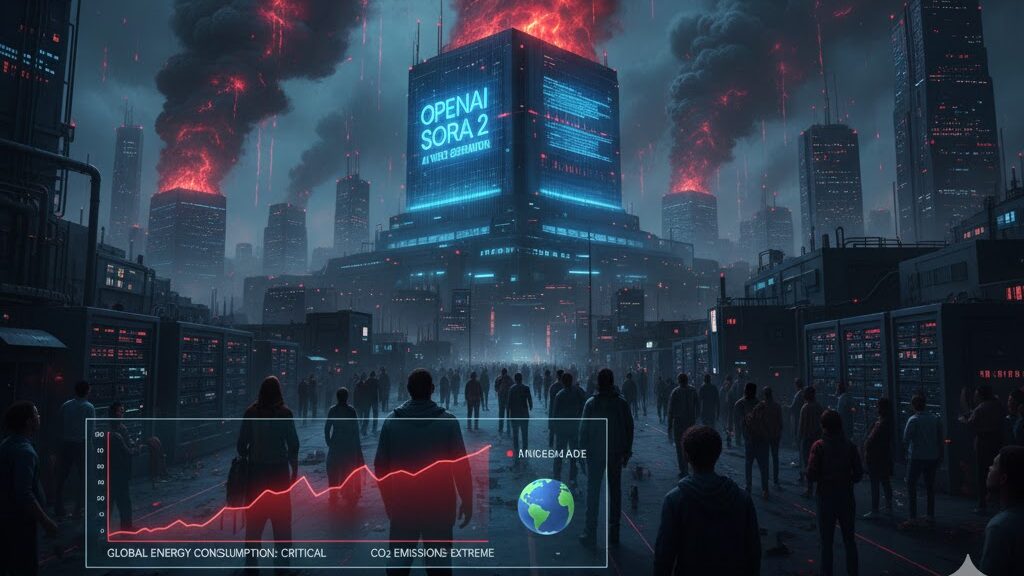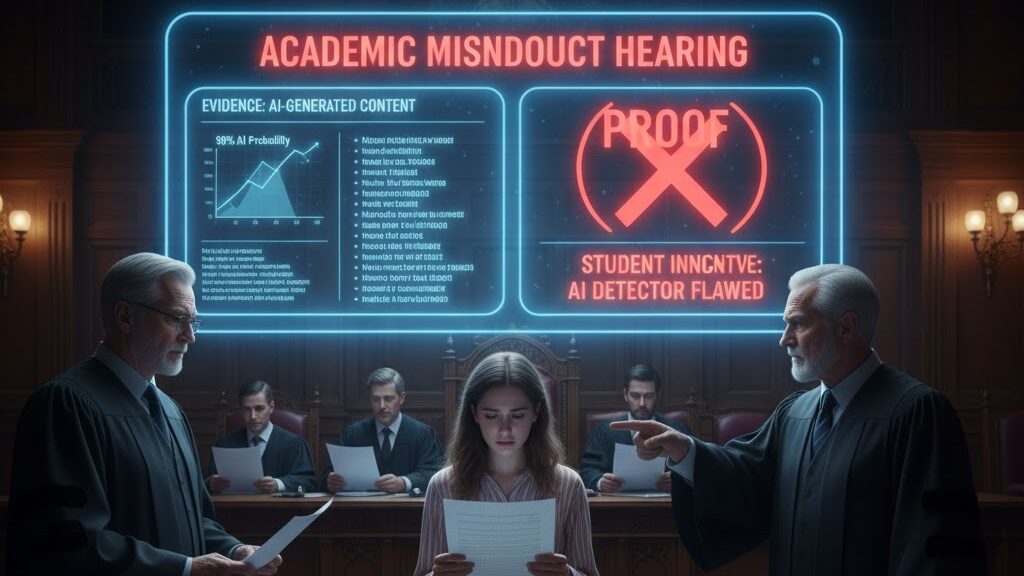
Source
Edutopia
Summary
Alana Winnick outlines eight educator-tested AI tools that can help teachers overcome creative blocks and generate new lesson ideas. Emphasising accessibility, she distinguishes between advanced large language models such as ChatGPT, Gemini, and Claude, and beginner-friendly platforms like Curipod, Brisk, and SchoolAI, which require little technical skill. These tools can draft outlines, design interactive slides, and create tailored quizzes or discussion prompts. Curipod helps build engaging presentations, Brisk turns existing videos or articles into lesson plans, and SchoolAI enables personalised AI tutor spaces for students. Winnick encourages teachers to use AI as a creative partner rather than a replacement for their own professional insight.
Key Points
- AI tools can boost creativity and save time during lesson planning.
- Platforms like Curipod, Brisk, and SchoolAI simplify AI use for teachers.
- ChatGPT, Gemini, and Claude offer greater flexibility for custom prompts.
- AI can generate lesson outlines, discussion questions, and formative checks.
- Educators should view AI as a collaborative support, not a substitute for teaching expertise.
Keywords
URL
https://www.edutopia.org/article/using-ai-generate-lesson-ideas/
Summary generated by ChatGPT 5





